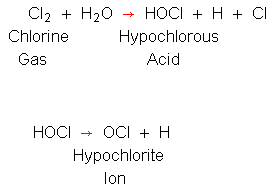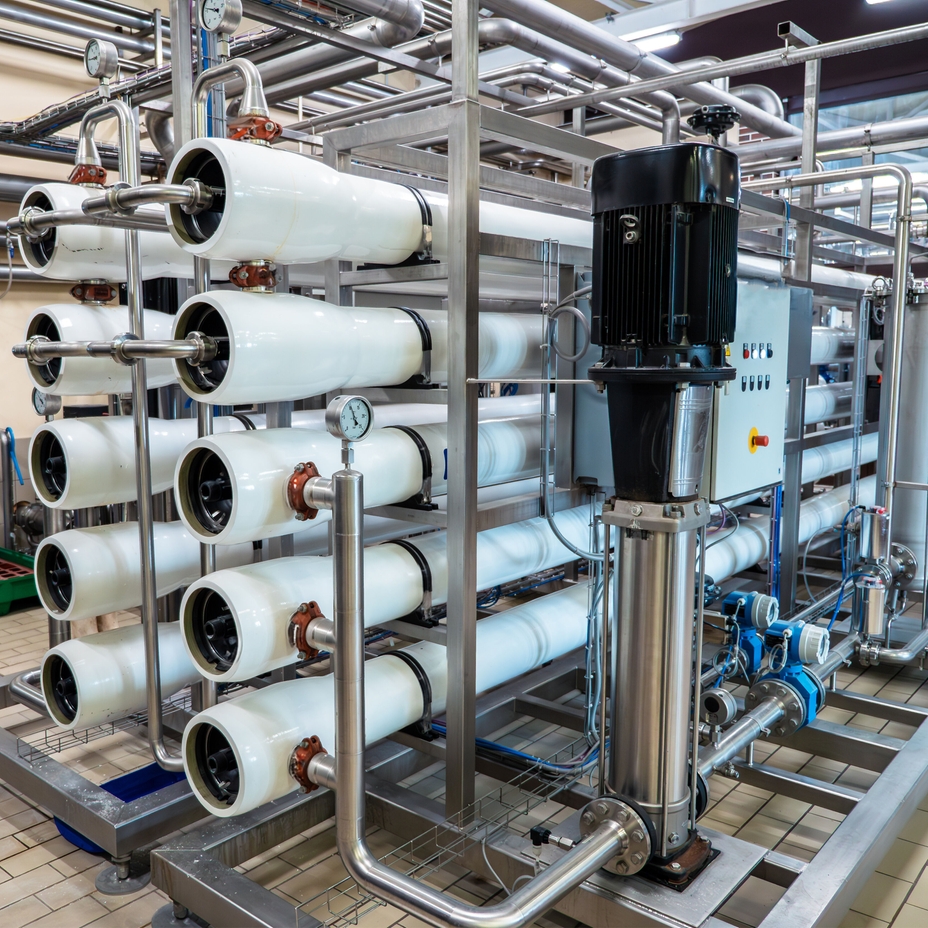Water Disinfection System
Salient Features
- Chlorine dosing system with monitoring & control
- Kill harmful coliform and E.coli bacteria
- Eliminate sulfur (hydrogen sulfide) odors
- Oxidize iron, manganese for easier filtration
- Low cost and effective.
- Our chlorination system is designed for both drinking and process water applications. It allows for real-time monitoring and precise control of chlorine dosing. Alternatively, manual adjustments can be made using chlorine testing kits to ensure accurate and safe chlorine levels.


Mastering Water Safety: A Deep Dive into the World of Water Disinfection Systems
Mastering Water Safety with Advanced Disinfection Systems
Step into a world of superior water protection with our comprehensive guide to Water Disinfection Systems. These advanced technologies go far beyond basic filtration, delivering precise and reliable purification that ensures water is not only clear—but truly safe.
From UV sterilization to chemical disinfection, these systems form a powerful defense against waterborne pathogens. Whether for residential, commercial, or industrial use, they are engineered to adapt across a wide range of applications—safeguarding water quality at every level.
Our guide explores:
The science behind modern disinfection technologies
The role of UV, chlorine, and other agents in neutralizing harmful microorganisms
How these systems integrate with ultra-filtration and filtration plants for complete water treatment solutions
In today’s world, investing in a Water Disinfection System—alongside an Ultra-Filtration Water Plant—is not just a smart choice, it’s essential. Together, they provide a robust solution for clean, safe, and dependable water.
A Water Disinfection System is a technology designed to eliminate or inactivate harmful microorganisms, such as bacteria, viruses, and parasites, from water to ensure it is safe for consumption and use.
Water Disinfection Systems use various methods, including chemical disinfection (such as chlorination or ozonation), ultraviolet (UV) radiation, and filtration, to kill or deactivate microorganisms present in water.
Water disinfection is crucial to prevent waterborne diseases. It ensures that water is free from pathogenic microorganisms, safeguarding public health and preventing the spread of waterborne illnesses.
Water Disinfection Systems are effective against a broad spectrum of microorganisms, including bacteria, viruses, parasites, and some types of algae. The specific effectiveness depends on the disinfection method used.
Yes, there are various methods, such as chemical disinfection using chlorine or ozone, ultraviolet (UV) radiation, filtration, and advanced oxidation processes. Each method has its advantages and is suitable for different applications.
While ensuring safe drinking water is a primary concern, water disinfection is also essential for recreational water (pools, lakes), industrial processes, and wastewater treatment to prevent the spread of diseases and contamination.
Maintenance frequency varies based on the type of disinfection system and water quality. Regular checks, cleaning, and, if necessary, replacement of components are essential to ensure optimal performance.
Water Disinfection Systems primarily target microorganisms. While some methods, like activated carbon filtration, can reduce certain chemical contaminants, additional water treatment processes may be required for comprehensive chemical removal.
Yes, Water Disinfection Systems come in various sizes and configurations, making them suitable for both residential and industrial applications. The scale and specific requirements may vary based on the intended use.
UV disinfection is highly effective against a wide range of microorganisms by disrupting their DNA, preventing reproduction. It is a chemical-free and environmentally friendly method, commonly used in both residential and industrial water treatment systems.
